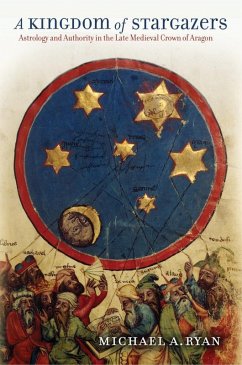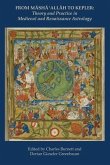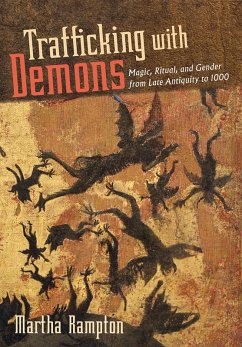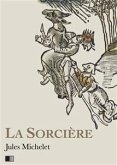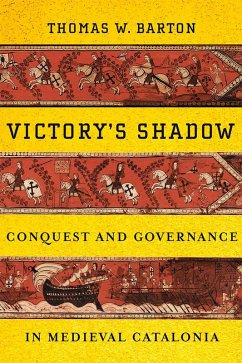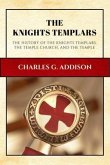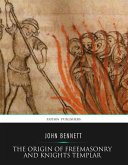Astrology in the Middle Ages was considered a branch of the magical arts, one informed by Jewish and Muslim scientific knowledge in Muslim Spain. As such it was deeply troubling to some Church authorities. Using the stars and planets to divine the future ran counter to the orthodox Christian notion that human beings have free will, and some clerical authorities argued that it almost certainly entailed the summoning of spiritual forces considered diabolical. We know that occult beliefs and practices became widespread in the later Middle Ages, but there is much about the phenomenon that we do not understand. For instance, how deeply did occult beliefs penetrate courtly culture and what exactly did those in positions of power hope to gain by interacting with the occult? In A Kingdom of Stargazers, Michael A. Ryan examines the interest in astrology in the Iberian kingdom of Aragon, where ideas about magic and the occult were deeply intertwined with notions of power, authority, and providence.
Ryan focuses on the reigns of Pere III (1336-1387) and his sons Joan I (1387-1395) and Martí I (1395-1410). Pere and Joan spent lavish amounts of money on astrological writings, and astrologers held great sway within their courts. When Martí I took the throne, however, he was determined to purge Joan's courtiers and return to religious orthodoxy. As Ryan shows, the appeal of astrology to those in power was clear: predicting the future through divination was a valuable tool for addressing the extraordinary problems-political, religious, demographic-plaguing Europe in the fourteenth century. Meanwhile, the kings' contemporaries within the noble, ecclesiastical, and mercantile elite had their own reasons for wanting to know what the future held, but their engagement with the occult was directly related to the amount of power and authority the monarch exhibited and applied. A Kingdom of Stargazers joins a growing body of scholarship that explores the mixing of religious and magical ideas in the late Middle Ages.
Ryan focuses on the reigns of Pere III (1336-1387) and his sons Joan I (1387-1395) and Martí I (1395-1410). Pere and Joan spent lavish amounts of money on astrological writings, and astrologers held great sway within their courts. When Martí I took the throne, however, he was determined to purge Joan's courtiers and return to religious orthodoxy. As Ryan shows, the appeal of astrology to those in power was clear: predicting the future through divination was a valuable tool for addressing the extraordinary problems-political, religious, demographic-plaguing Europe in the fourteenth century. Meanwhile, the kings' contemporaries within the noble, ecclesiastical, and mercantile elite had their own reasons for wanting to know what the future held, but their engagement with the occult was directly related to the amount of power and authority the monarch exhibited and applied. A Kingdom of Stargazers joins a growing body of scholarship that explores the mixing of religious and magical ideas in the late Middle Ages.
Dieser Download kann aus rechtlichen Gründen nur mit Rechnungsadresse in A, D ausgeliefert werden.

